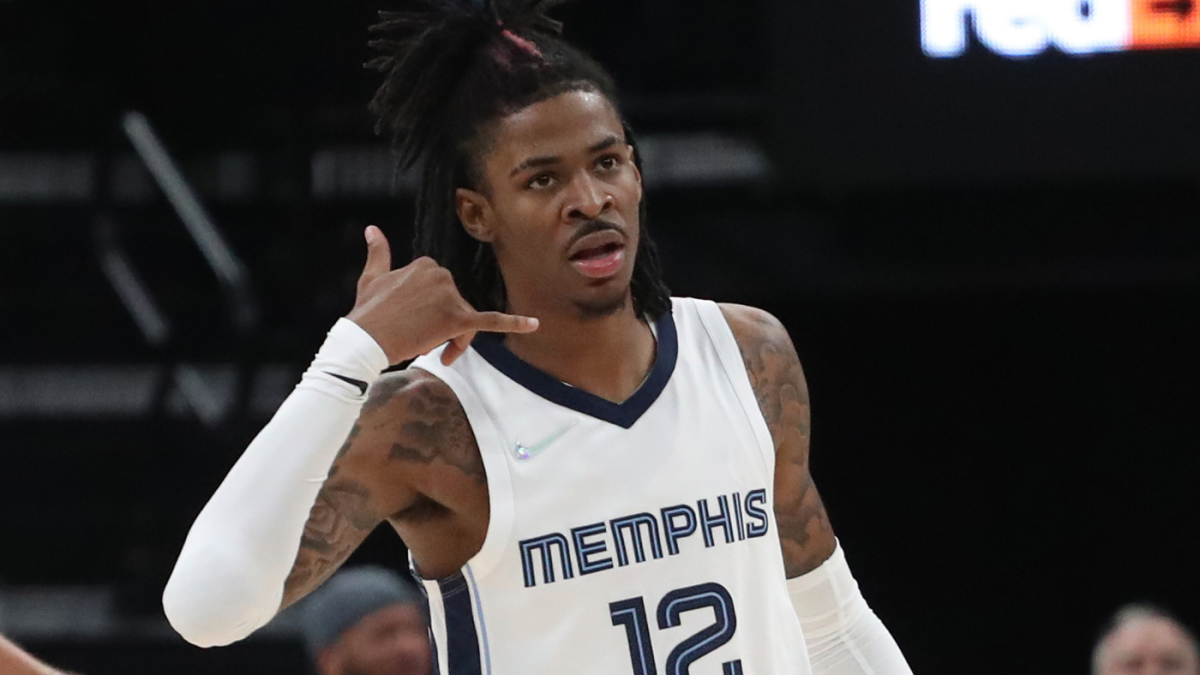NBA’s Revised Policy on Cell Phone and Social Media Usage: A New Era of Focus and Integrity
The NBA is on the verge of implementing a revised policy regarding cell phone and social media usage for players and coaches during games. This change, as reported by SNY’s Ian Begley, comes after collaborative discussions between the league and the National Basketball Players Association (NBPA). The new guidelines will build upon the existing social media policy that has been in place since 2009, marking a significant shift in how players and coaches engage with technology during games.
The Evolution of Social Media Policy
The original policy, established in 2009, was designed to minimize distractions by prohibiting social media usage starting 45 minutes before tipoff and continuing until after media obligations were fulfilled. This rule was informally dubbed the "Villanueva rule," named after former Milwaukee Bucks forward Charlie Villanueva, who famously tweeted from the locker room at halftime. Such incidents highlighted the potential for social media to detract from the focus required during live games.
The revised policy will take a more stringent approach, banning any use of phones or similar devices from the moment the game begins until the final buzzer. This change reflects the NBA’s commitment to maintaining a high level of concentration among players and coaches, ensuring that their attention remains solely on the game.
The Rarity of In-Game Social Media Usage
While the majority of players adhere to the existing social media guidelines, there have been notable exceptions. For instance, Portland Trail Blazers coach Chauncey Billups recounted an incident where one of his players posted a highlight video of a dunk during halftime, despite the team trailing by a significant margin. Such occurrences, although infrequent, underscore the need for a more robust policy to prevent distractions that could impact performance.
Moreover, some NBA teams have implemented their own internal policies regarding cell phone and social media usage, which may be even stricter than the league’s guidelines. These team-specific rules aim to foster a culture of focus and discipline, reinforcing the importance of being present during games.
Protecting the Integrity of the Game
The primary intent behind the revised policy is to enhance focus among players and coaches, but it also serves a critical role in safeguarding the integrity of the game. Recent incidents, such as the lifetime ban of former Toronto Raptors forward Jontay Porter, have raised concerns about the potential for players to engage in activities that could compromise the fairness of the league. Porter was found to have shared confidential information with bettors and placed bets on NBA games while he was in the G-League, prompting the league to take a hard stance against such behavior.
By restricting cell phone usage during games, the NBA aims to create an environment where players and coaches are less susceptible to outside influences, thereby protecting the integrity of the sport.
Emergency Communication Protocol
Recognizing that emergencies can arise, the NBA’s revised policy will also include provisions for communication during the no-phone period. Teams will designate a specific staff member as the point of communication for players and coaches. This staffer will be responsible for receiving calls and messages in case of emergencies, ensuring that critical information can still be relayed without compromising the focus on the game.
This thoughtful approach balances the need for player and coach concentration with the realities of modern life, where emergencies can occur unexpectedly. By establishing a clear line of communication, the NBA demonstrates its commitment to player welfare while maintaining the integrity of the game.
Conclusion
As the NBA prepares to roll out this revised policy, it reflects a broader understanding of the challenges posed by technology in the fast-paced world of professional sports. By prioritizing focus and integrity, the league aims to foster an environment where players and coaches can perform at their best, free from distractions and outside influences. The upcoming changes signal a new era for the NBA, one that embraces the importance of concentration while adapting to the realities of the digital age.
